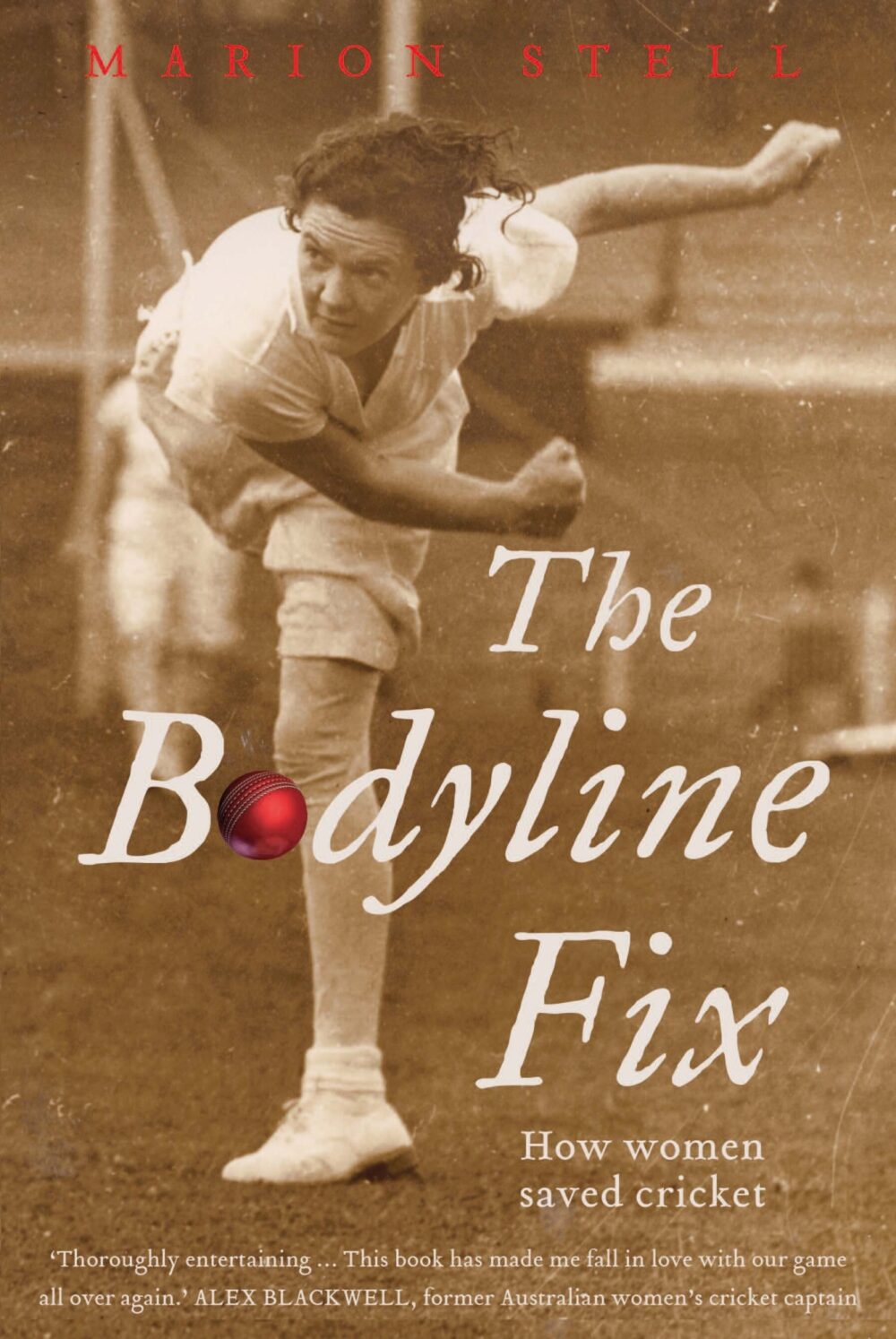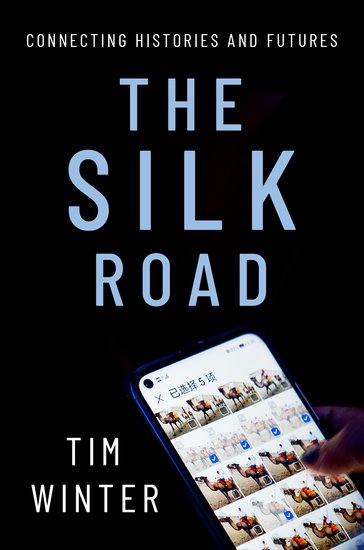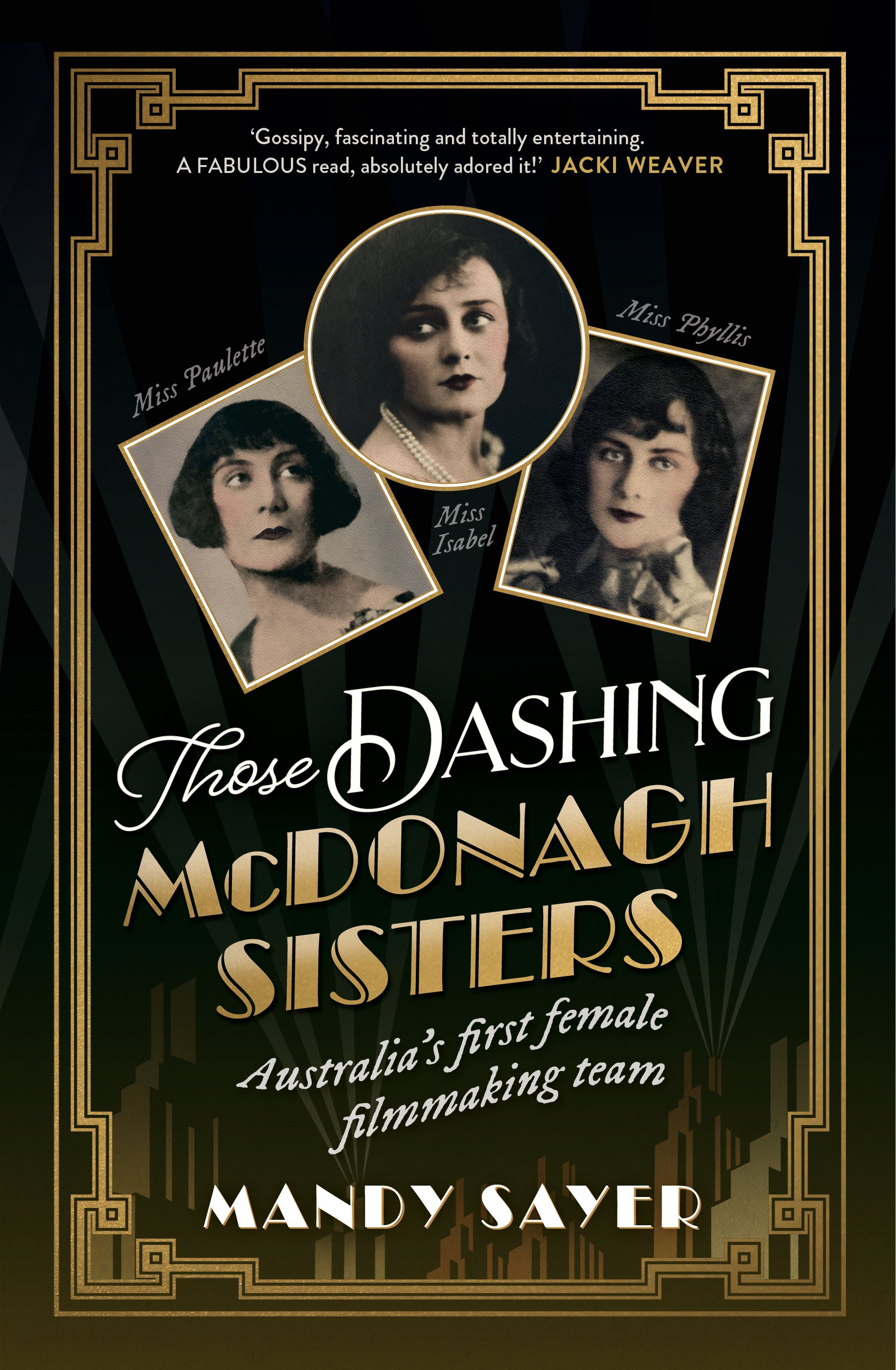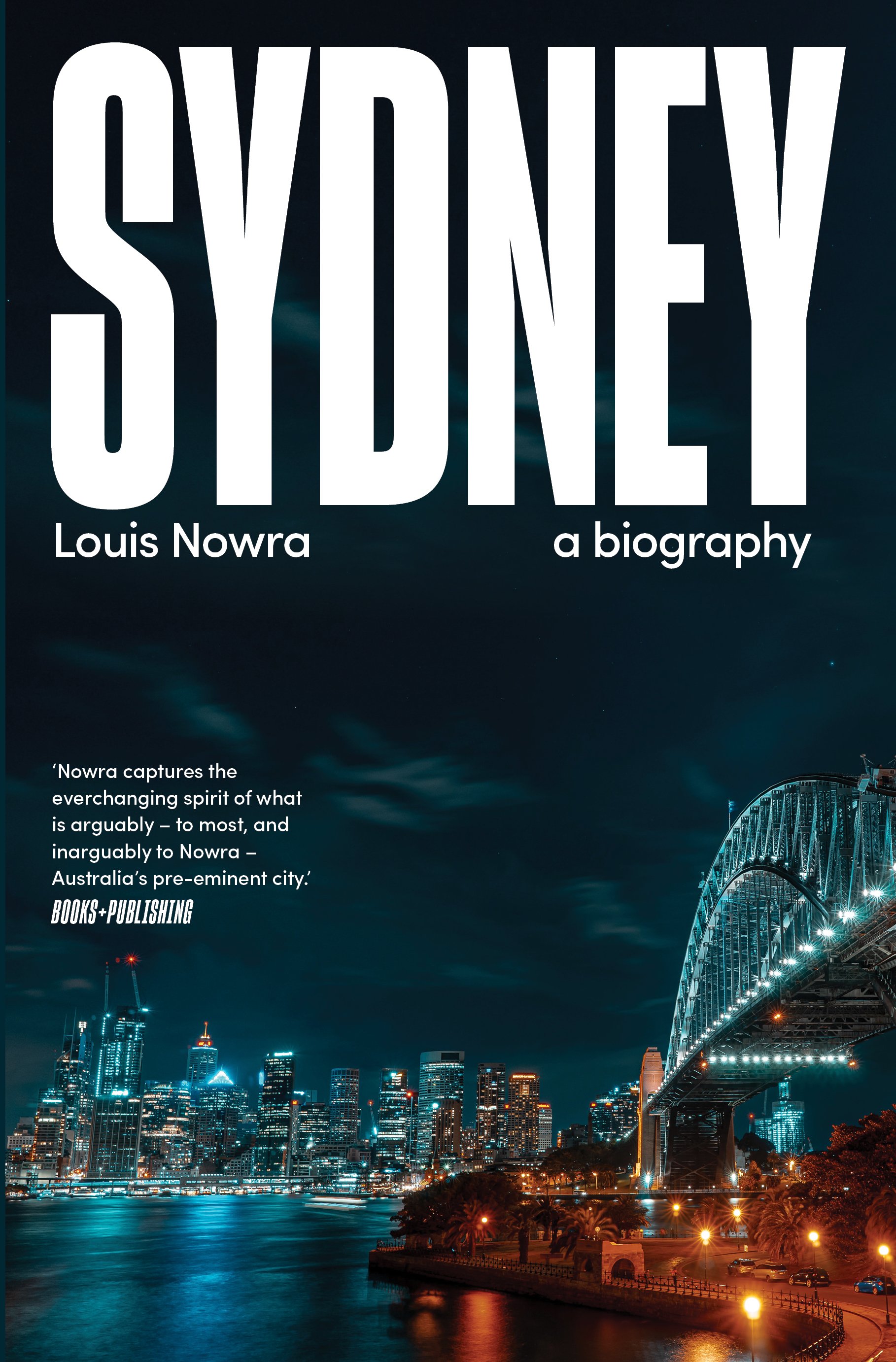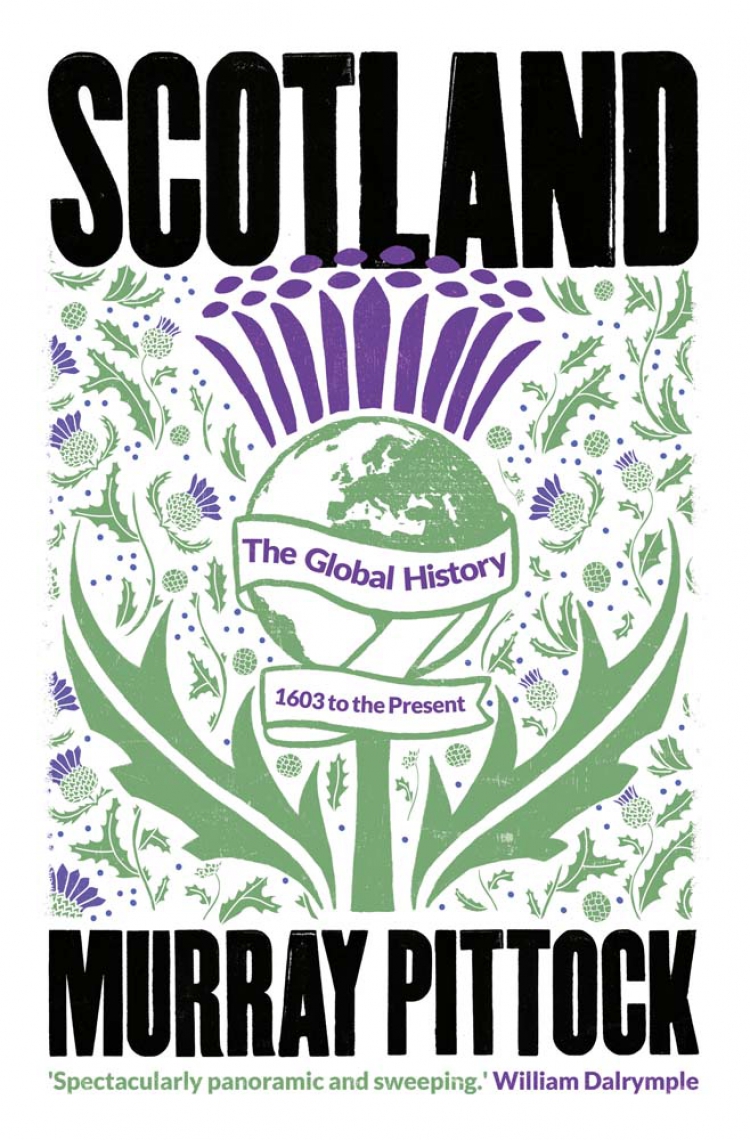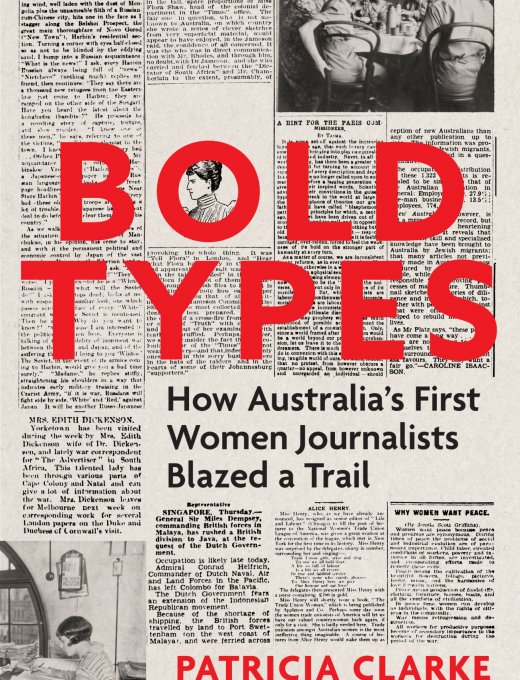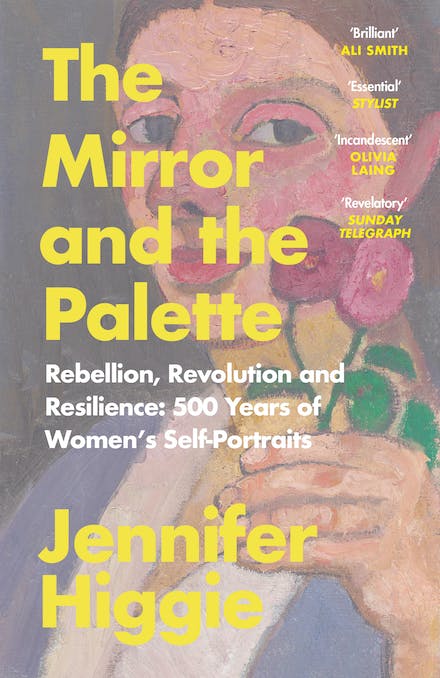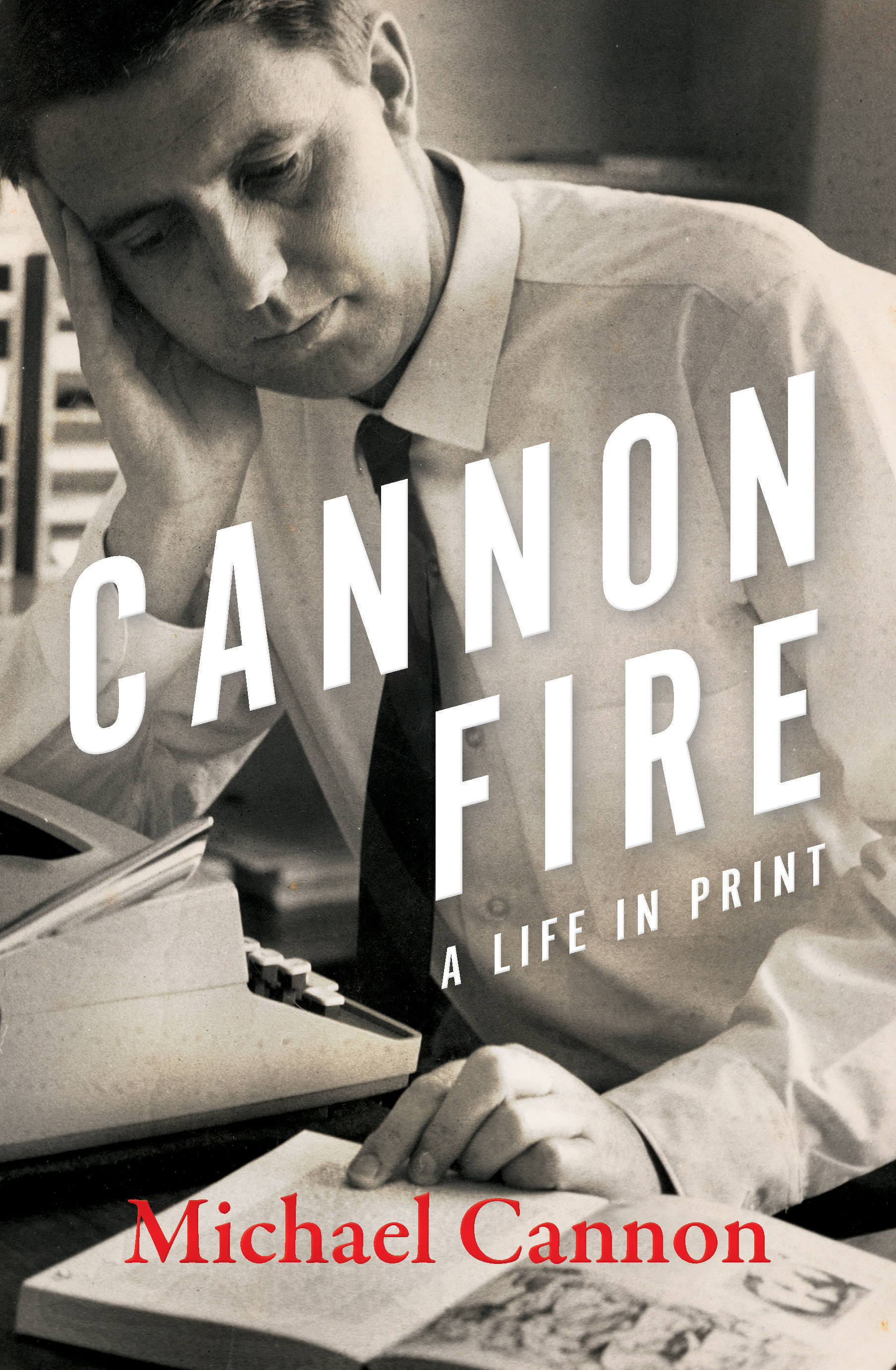History
At the conclusion of the third women’s cricket test against England in 1935, Victorian all-rounder Nance Clements souvenired her name plate from the Melbourne Cricket Ground scoreboard. What she discovered on the reverse side of the plate, as Marion Stell recounts in The Bodyline Fix: How women saved cricket, was the name Larwood.
... (read more)The Silk Road: Connecting histories and futures by Tim Winter
The Silk Road is not one place, nor is it a particular route for travel, trade, and cross-cultural exchange. It is an idea, and a powerful one at that, as Tim Winter’s Silk Road: Connecting histories and futures shows. The concept of the Seidenstraße was popularised by Ferdinand von Richthofen in the 1870s to define the trade routes westwards from Han China in the ancient Greco-Roman world. Since then scholars have argued for many Silk Roads over land and sea between Africa, Eurasia, and the islands around those landmasses through which goods and ideas have been exchanged for at least two millennia.
... (read more)Syria Betrayed: Atrocities, war, and the failure of international diplomacy by Alex J. Bellamy
As the war in Syria enters its second decade, the human scale of the catastrophe is difficult to comprehend. Shocked by the security service’s torture of children who had graffitied the words ‘Down with the regime’ on a wall in the city of Daraa in 2011, nationwide demonstrations rose up against Bashar al-Assad’s tyrannical government. When I ask my now-exiled Syrian colleagues what life was like under the Assad family, they struggle for historical parallels before agreeing that, for them, it resembled Stalin’s Soviet Union and North Korea (a regime the current president’s father, Hafez Al-Assad, looked to for inspiration).
... (read more)Those Dashing McDonagh Sisters: Australia’s first female filmmaking team by Mandy Sayer
'Bliss it was in that dawn to be alive, / But to be young was very heaven.’ William Wordsworth was writing about the French Revolution, but the sentiment could have applied to the three McDonagh sisters in 1920s Sydney. Isabel (born in 1899), Phyllis (1900), and Paulette (1901) were the beneficiaries of two intertwined revolutions – modernism and feminism – that encouraged them to develop skills outside the domestic sphere and to become experts in their field. Daringly, they chose filmmaking, the great obsession of the period; and they were very good at it.
... (read more)I recently learned (was it from Martin Amis?) that ‘pulchritude’ is a synonym for ‘beauty’. How can such an ugly word be associated with beauty? I feel the same way about ‘Sydney’, named by Governor Phillip for the British Secretary of State who had suggested an Australian colony. An ugly word that is the name of a beautiful topography, a geologically complex and weathered arrangement of water and land, and more water and land, and a spread of fragmented populations that are in many cases discrete, so discrete that where a person lives and works in this city, defines and confines them. Infrastructure and transport must cope as best they can, and with as much money as government can muster.
... (read more)Scotland: The global history - 1603 to the present by Murray Pittock
I was sorely tempted to judge this book by its cover. The ‘Scotland’ of the title is large, bold, and confident. The subtitle ‘The Global History 1603 to the Present’ is there in diminuendo, unassuming and easy to miss. This encapsulates the volume’s central tension: how is it possible to write the global history of a single nation? How can the emphasis of the first project on boundaryless movement, circulation, and exchange be made to play nicely with the second genre’s preoccupation with distinctiveness, peculiarities, and place?
... (read more)Bold Types: How Australia's first women journalists blazed a trail by Patricia Clarke
After she left journalism, Patricia Clarke turned to researching and writing books, beginning with The Governesses in 1985. Bold Types is her fourteenth book. The Canberra writer was a familiar figure at media history and other conferences, and in the National Library of Australia reading rooms, until Covid-19 at least. Her books, augmented by dozens of articles and conference papers, focus mainly on the lives, careers and letters of Australian women, especially writers and journalists. Clarke also writes about the history of her city, Canberra, an interest reflected in some of the fourteen entries she has produced for the Australian Dictionary of Biography. The ninety-six-year-old has devoted nearly ‘half a lifetime’ (to borrow the title of one of her tomes, about Judith Wright) to historical endeavours.
... (read more)Destination Elsewhere: Displaced persons and their quest to leave postwar Europe by Ruth Balint
We often talk about refugees in terms of crisis: ‘unprecedented’ floods of thousands, waves of humanity displaced and now knocking at the door somewhere else. The scale can indeed be staggering. World War II displaced perhaps two hundred million people (one in every ten), worldwide. Figures like this are almost paralysing. How to solve a crisis of this scale, let alone attend to any one refugee’s needs? The experiences of ordinary people, the personal dimensions, are often lost. How do you find the individual in those millions? This is what Ruth Balint does so deftly in Destination Elsewhere: conveys the immense scale of the postwar refugee crisis, but also sketches faces, personalities, and the triumphs, hardships, and failings of individuals. It is a history that feels very human.
... (read more)The Mirror and the Palette: Rebellion, revolution and resilience: 500 years of women’s self-portraits by Jennifer Higgie
I dare say Christine de Pizan (1364–c.1430) would be surprised by her current celebrity: six centuries is a long wait. Now the name of this foundational European feminist writer, working in fifteenth century Paris, seems to crop up everywhere. She was invoked in Zanny Begg’s 2017 video The City of Ladies, which is touring Australian galleries until early 2024, and now on the first page of Jennifer Higgie’s rollicking The Mirror and the Palette. In her medieval bestseller The Book of the City of Ladies (1405), de Pizan wrote: ‘Anyone who wanted could cite plentiful examples of exceptional women in the world today: it’s simply a matter of looking for them.’
... (read more)Journalist, editor, and publisher, Michael Cannon rose to prominence in print during its golden age of boundless advertising dollars, when those ‘rivers of gold’ paid for high salaries, fully staffed beats, and morning and evening newspaper editions. This was not a world of shrinking pages and newsroom cuts, of ‘digital-first’ mantras, click bait and Murdoch domination – not yet. But newspapers were not necessarily more sophisticated places either, which makes Cannon’s memoir as much a rejoinder to the lionising of lost newspaper culture – a challenge to the notion that things were always better back then – as the story of a remarkable career.
... (read more)

